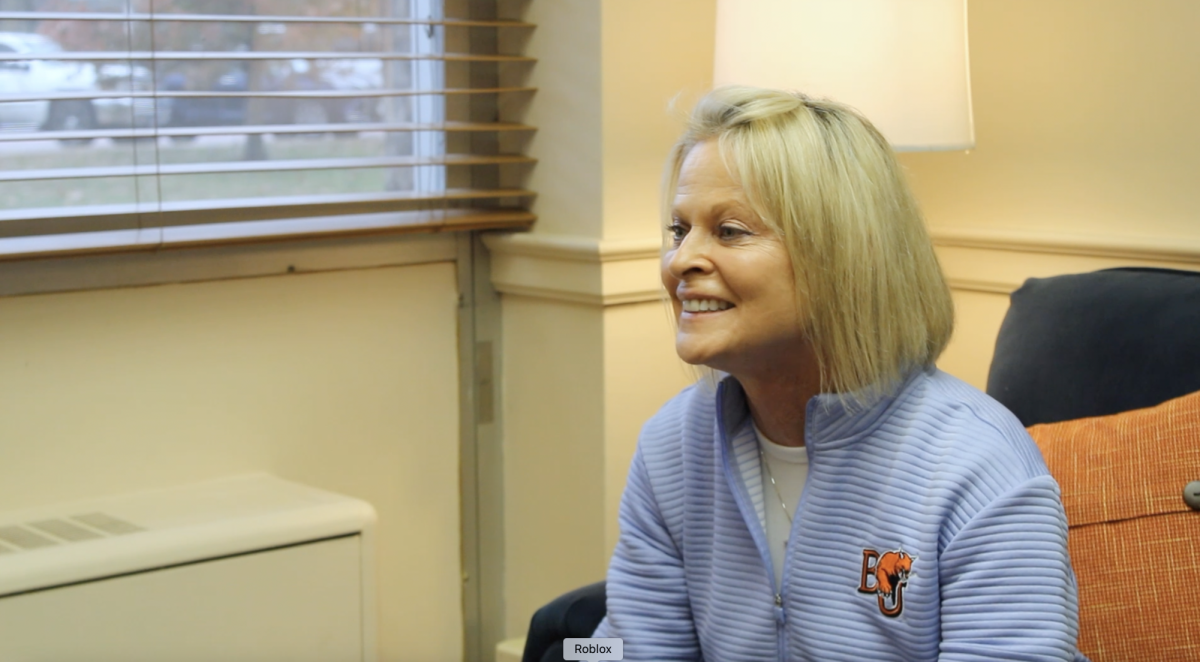Taking three required interterm courses has been the norm for Baker University students; however, on Feb. 7, the Baker University Faculty Senate made the decision to cut the number of required interterm courses from three to two, with a few added bonuses.
“The rationale for all the changes was to improve interterm,” Professor of Sociology Jacob Bucher said. “The overwhelming conclusion was interterm as it is, is not working.”
This Educational Programs and Curriculum Committee generated a campus-wide survey that looked at the history of the interterm system by examining student, faculty, staff and alumni perspectives and then came up with note-worthy data.
According to their research, enrollment in interterm during freshman year directly correlates with a higher retention rate for BU students; that is, students who have to come back for interterm are more likely to come back in the spring. This information was important to faculty.
“(Faculty) want students to stay at Baker once they choose to be here,” Professor of Biology Darcy Russell said.
Despite the research by EPC, some students may think interterm is not worth missing out on the extra few weeks of lazy days at home.
To revamp that belief, the EPC has brainstormed a few ideas. It has discussed the possibility that catalog courses be allowed during interterm so those credits can directly count toward the students’ major. The EPC also discussed allowing interterm courses to be graded instead of pass/fail, which would likely cause students to feel like their time during interterm has been worthwhile. Both options create more choices for students. Research is still being done on how professors can fit a regular, three-credit course into two and a half weeks.<br/>
Although this new system will please some students, many professors hope the students will still take advantage of the opportunities interterm provides, even though only two interterms are now required.
“I have always looked at interterm as something that distinguishes Baker from many other schools,” Vice President and Dean of the College of Arts and Sciences Rand Ziegler said. “I would hate to lose that opportunity for distinction. I am hoping that students will still enroll in many of these courses because they want to, not because they must.”
These changes will go into effect in the fall if approved by the Board of Trustees at its May meeting.
It has yet to be discussed if the change will affect current students as well as incoming freshmen.







